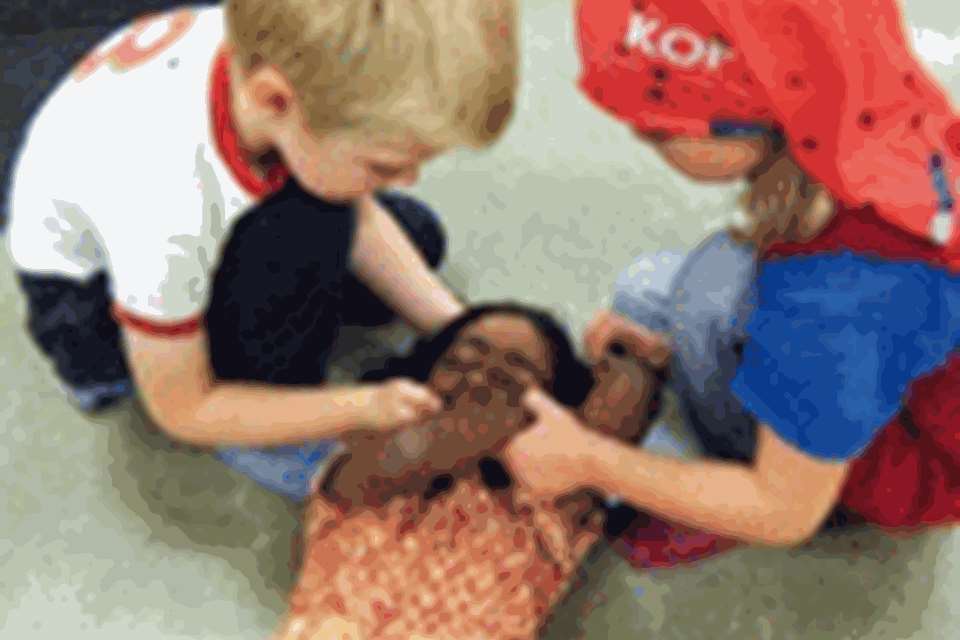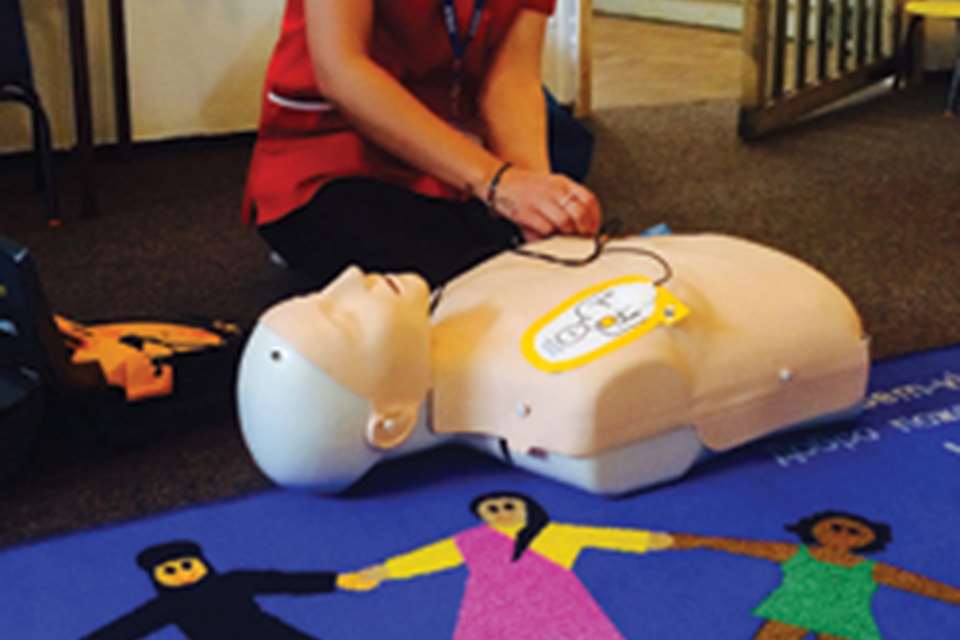Nursery group trains staff in using life-saving equipment
Kathryn Ingham
Wednesday, September 14, 2016
A Welsh nursery chain has bought defibrillators to use in paediatric first aid training.

Acorns Nurseries in Cardiff has purchased automated external defibrillators (AEDs) for all seven of its settings, making it the first nursery group in Wales to do so.
Inspired by a campaign by the charity Welsh Hearts – ‘Help us get a defibrillator into your school’, the nursery group applied to host the life-saving equipment. So far, the campaign has resulted in the placement of 427 defibrillators in community settings across Wales.
‘Having a defibrillator on-site gives each nursery, its children, staff and visitors the best chance of surviving a cardiac arrest,’ said Cherie Wilson, director of Acorns Nurseries.
Staff training is currently ongoing, and the skills gained will contribute towards nursery workers' existing experience in paediatric first aid.
From this month all newly qualified nursery practitioners with level two and three qualifications must hold an emergency paediatric first aid or full paediatric first aid certificate. This decision to introduce further specialised training puts the Acorns group at the forefront of early years first aid.
Older children in the local community were also taught how to use the AEDs as part of the group’s summer holiday childcare programme, Action Pak.
Ms Wilson added, ‘We hope that not only our nurseries but the wider community will benefit from these AEDs and this will encourage more nurseries and schools to have a defibrillator on the premises.’
Many people still associate heart problems with older people. However, according to Welsh Hearts, every week in the UK, 12 young people die suddenly from an undiagnosed heart condition.
The most common cause of cardiac arrest is a life-threatening abnormal heart rhythm called ventricular fibrillation (VF).
The automated devices provide the best immediate chance of survival following cardiac arrest if combined with cardiopulmonary resuscitation (CPR). Without a defibrillator chances of survival are just 6 per cent, however defibrillation within five minutes of collapse greatly increases this figure to around 75 per cent.
When used appropriately, AEDs can analyse a patient’s heart rhythm and either administer a shock or provide instruction for continuing CPR.
AEDs are designed to be used by untrained individuals however, familiarity, confidence and appropriate training may make all the difference in emergency situations.
Often positioned at the heart of local communities, schools and nurseries are well-placed to provide emergency resources such as AEDs.
There is no national system in place as yet to ensure AEDs are present in schools and nurseries, so it is the work of charities to let the public know the benefits of having AEDs.
Public access defibrillation (PAD) schemes have been set up in an effort to increase access to these potentially life-saving devices as well as raise awareness in the community.
- For more information about obtaining a defibrillator for your school or nursery anywhere in the UK and free CPR training visit www.welshhearts.org/everysecond









